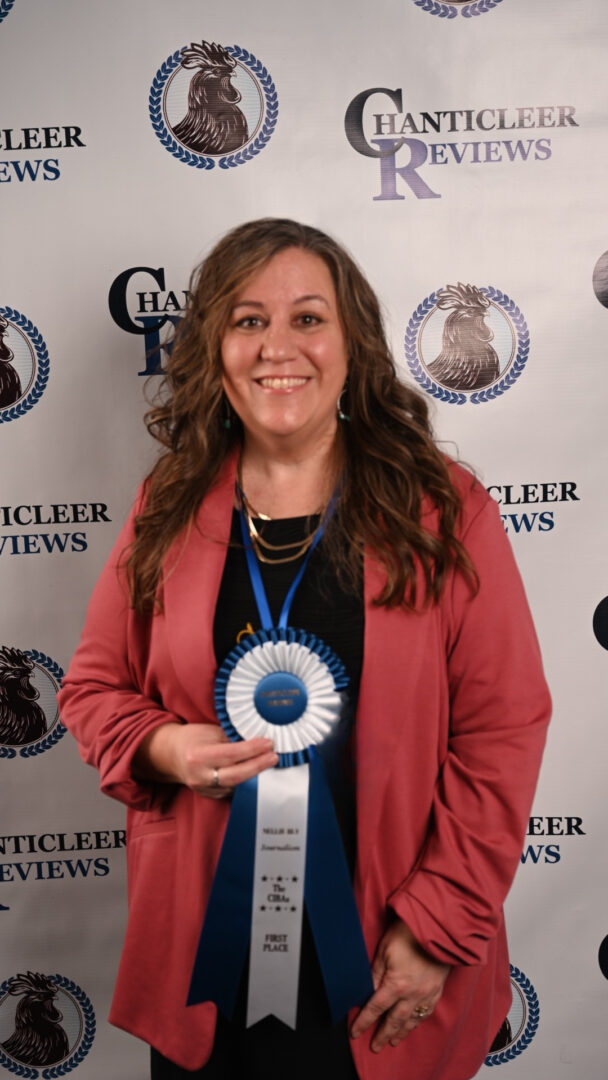We were lucky to catch up with Bonnie Bley recently and have shared our conversation below.
Bonnie, we’re thrilled to have you sharing your thoughts and lessons with our community. So, for folks who are at a stage in their life or career where they are trying to be more resilient, can you share where you get your resilience from?
My resilience comes from the lessons passed down by my parents and grandparents, who lived through the Great Depression and World War II. Their strength, adaptability, and resourcefulness shaped my mindset. My father, who served in the Navy in Panama at the end of WWII, taught me discipline and perseverance. My grandparents, who endured economic hardship, instilled in me the value of hard work and determination.
As a Generation X individual, I grew up in an era that emphasized independence and self-reliance, fostering problem-solving skills. These generational influences have made me adaptable and strong, helping me face challenges with confidence
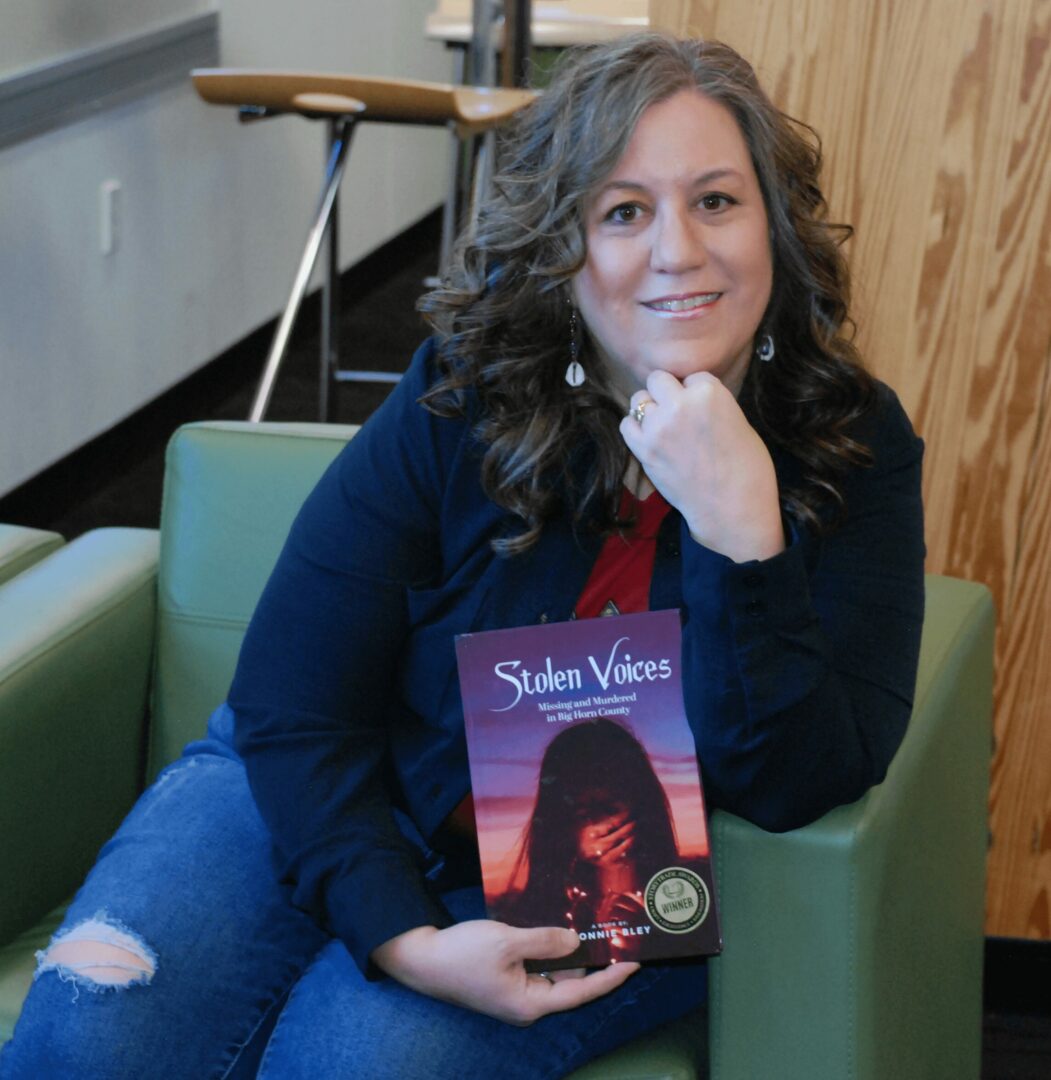
Let’s take a small detour – maybe you can share a bit about yourself before we dive back into some of the other questions we had for you?
I’m a wife, a mom, a nonfiction author, and a passionate volunteer. Writing allows me to explore real-life stories, ideas, and experiences, sharing insights that inspire and inform others.
I dedicate time to mentoring through Big Brothers Big Sisters, believing in the power of guidance to shape young lives. I also volunteer at a wild cat animal sanctuary, helping care for and protect these incredible creatures.
Family is at the heart of everything I do, and I try to bring the same compassion and resilience to my work that I do to my home. Whether supporting children, advocating for animals, writing stories, or cherishing my loved ones, I find purpose in every role I take on.
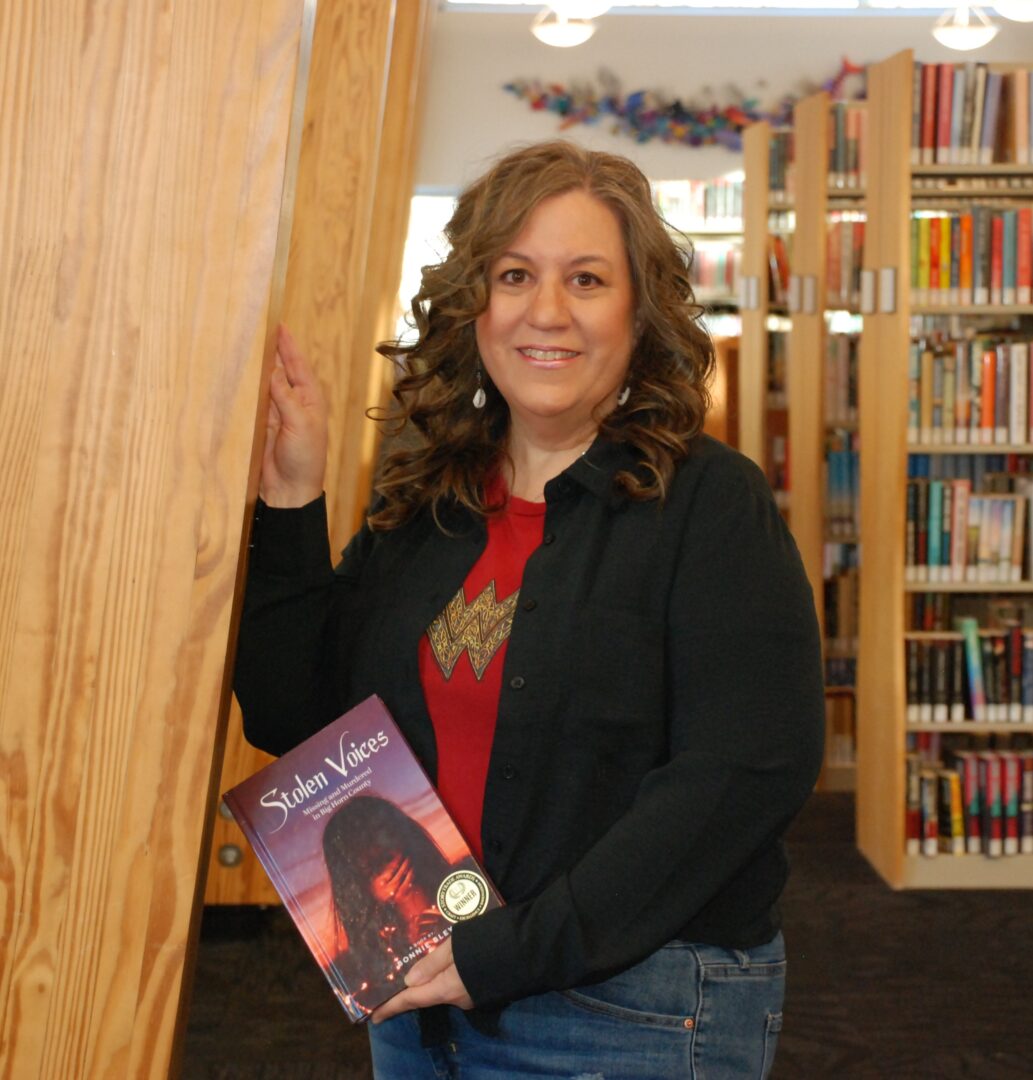
There is so much advice out there about all the different skills and qualities folks need to develop in order to succeed in today’s highly competitive environment and often it can feel overwhelming. So, if we had to break it down to just the three that matter most, which three skills or qualities would you focus on?
Writing true crime nonfiction requires curiosity, attention to detail, and empathy. Curiosity drives deep research, ensuring no detail is overlooked. Investigating cases thoroughly, asking the right questions, and seeking multiple perspectives help uncover the full story.
Attention to detail is essential for credibility—getting facts right, maintaining accurate timelines, and verifying sources ensures that the story is both compelling and truthful. Careful note-taking and cross-checking information are great habits to develop early on.
Empathy is just as important. Behind every crime are real people—victims, families, and law enforcement—and their stories should be told with care and integrity. Balancing truth with sensitivity helps honor those affected while maintaining journalistic standards.
For new writers, focus on thorough research, fact-checking, and ethical storytelling. Study case files, refine investigative skills, and practice weaving complex details into engaging narratives. True crime is about truth, not just intrigue—it’s a responsibility to shed light on real events with respect and authenticity.
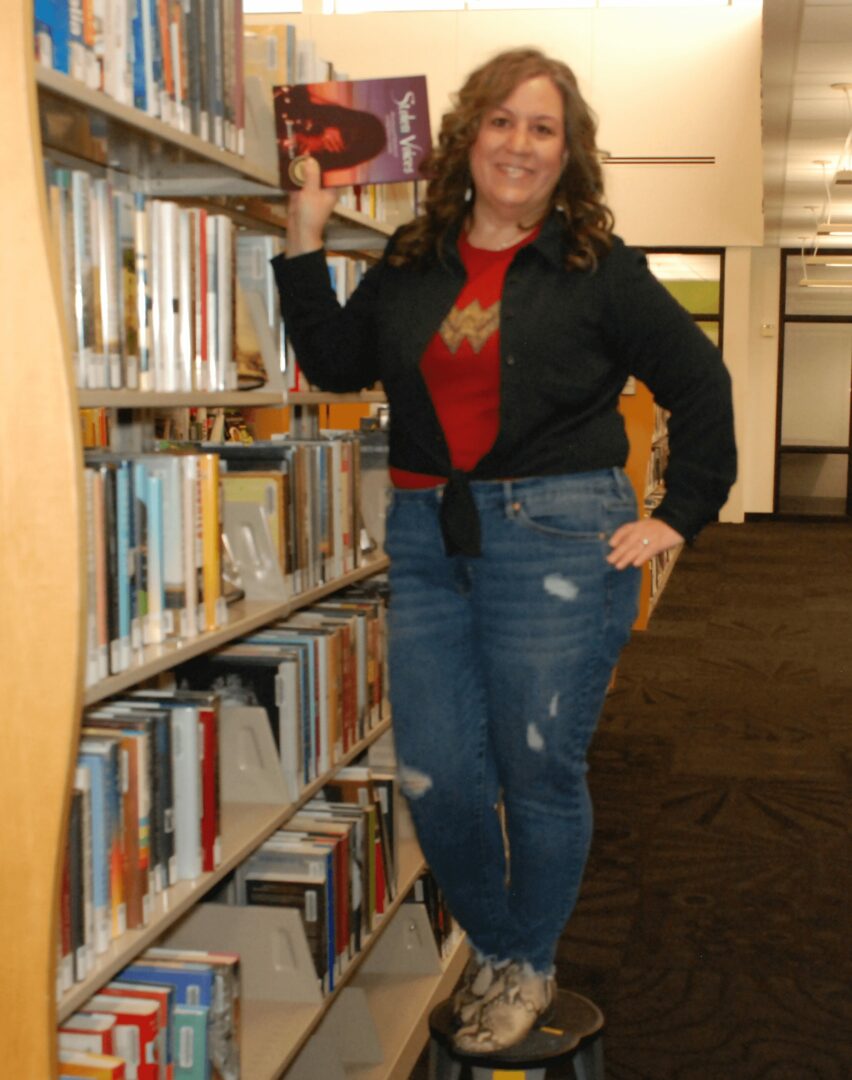
Thanks so much for sharing all these insights with us today. Before we go, is there a book that’s played in important role in your development?
One book that has had a profound impact on my development is The Sun Also Rises by Ernest Hemingway. Beyond its iconic prose and atmospheric storytelling, the novel offers valuable lessons on resilience, identity, and the passage of time.
One of its most enduring messages is how people carry wounds—physical, emotional, and historical—but find ways to endure. The characters, shaped by the aftermath of war, search for meaning in a world that feels fractured, reflecting a reality many of us face in different ways. This taught me that resilience is not about avoiding struggle but about navigating life with strength, even when the road feels uncertain.
Hemingway’s minimalist style also emphasizes that what is left unsaid can be just as powerful as what is spoken. His approach to writing—letting subtext breathe beneath the surface—has shaped how I think about storytelling, advocacy, and the importance of letting readers draw their own conclusions.
Finally, The Sun Also Rises explores themes of displacement and identity. The search for purpose, for a sense of belonging, is a universal experience. The novel reminds me that history influences us, but how we move forward defines us.
Hemingway’s work has shaped my writing and perspective in ways that go beyond literature—it’s a reminder that resilience, clarity, and a deep understanding of human nature are essential in telling stories that matter.
Contact Info:
- Website: https://www.bonniebley.com
- Instagram: https://www.instagram.com/bonniebley4/
- Linkedin: https://www.linkedin.com/in/bonnie-bley-b8135027/
- Twitter: https://x.com/BonnieBley
- Other: Good Reads: https://www.goodreads.com/author/show/48626433.Bonnie_Bley
Tik Tok: @bonnie.bley (Bonnie Bley Author)
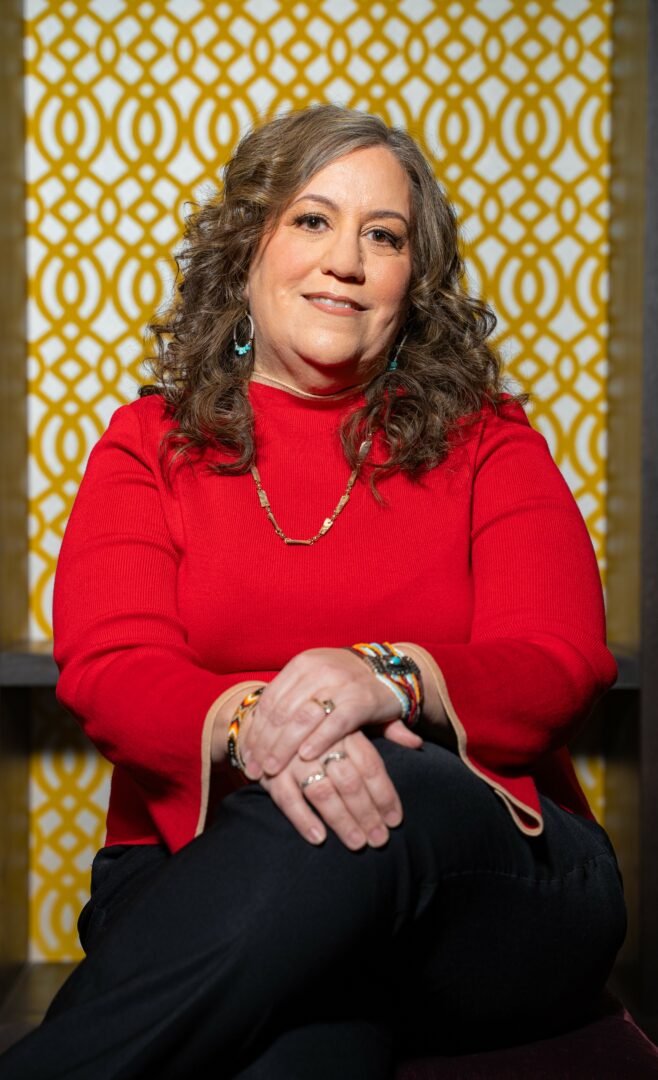
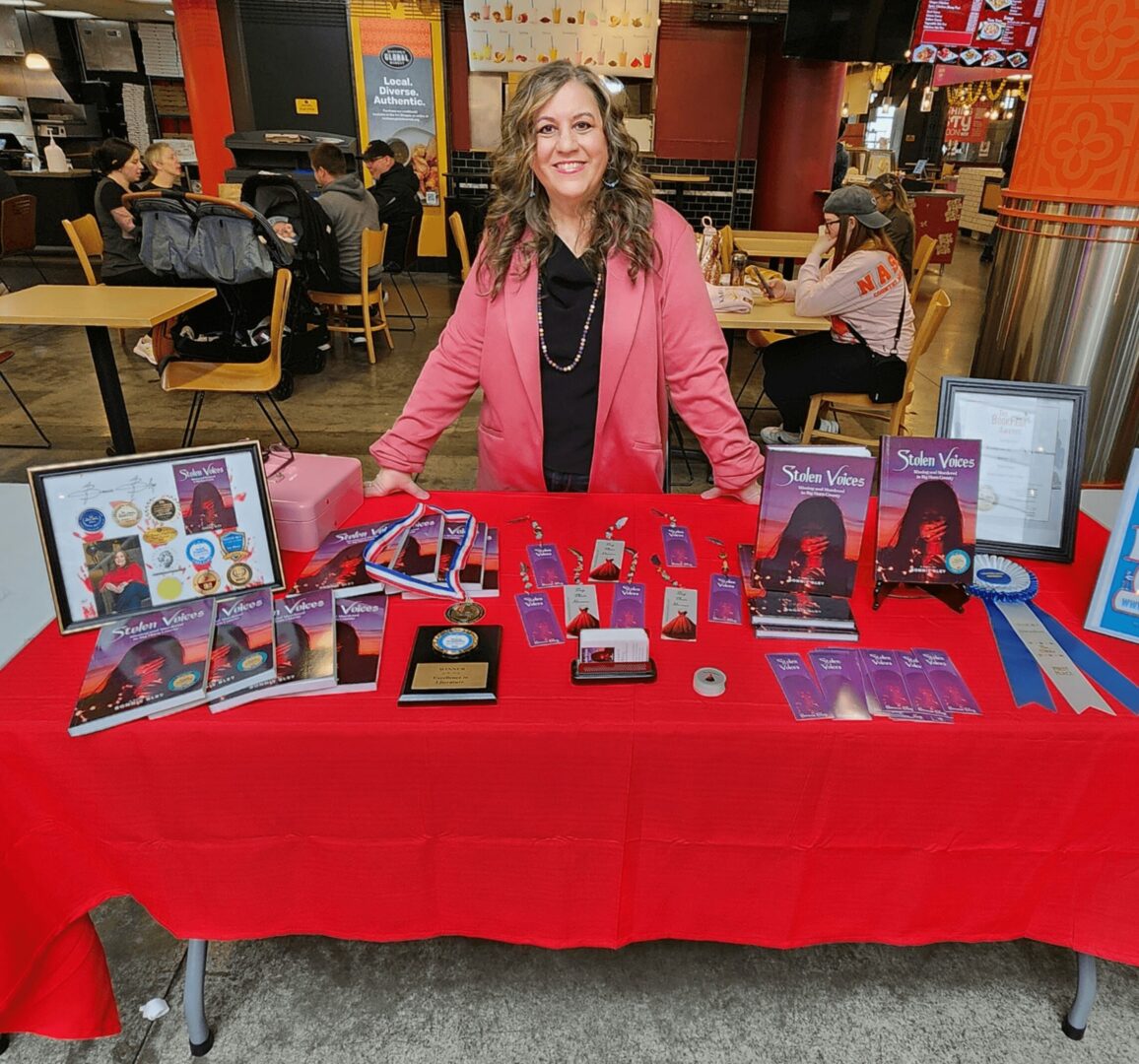
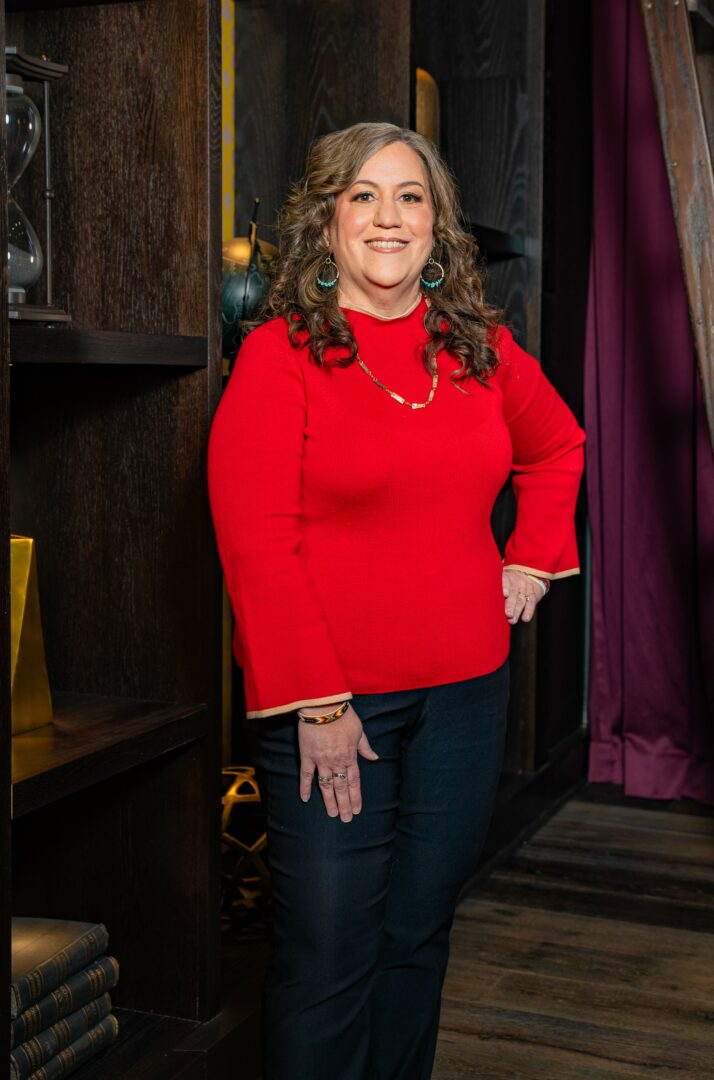
Image Credits
Chanticleer Reviews
Dante’s Craft
so if you or someone you know deserves recognition please let us know here.

